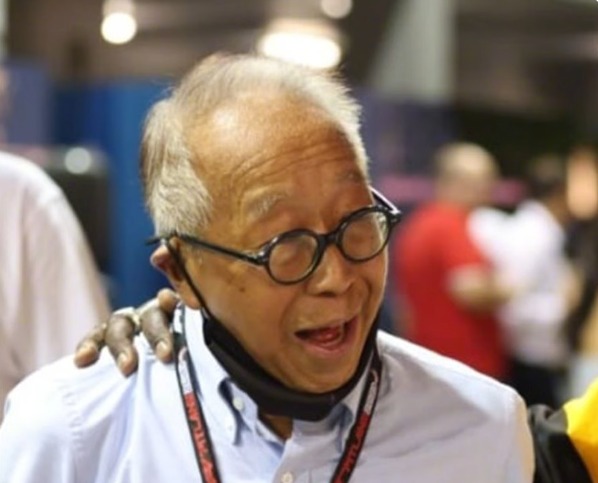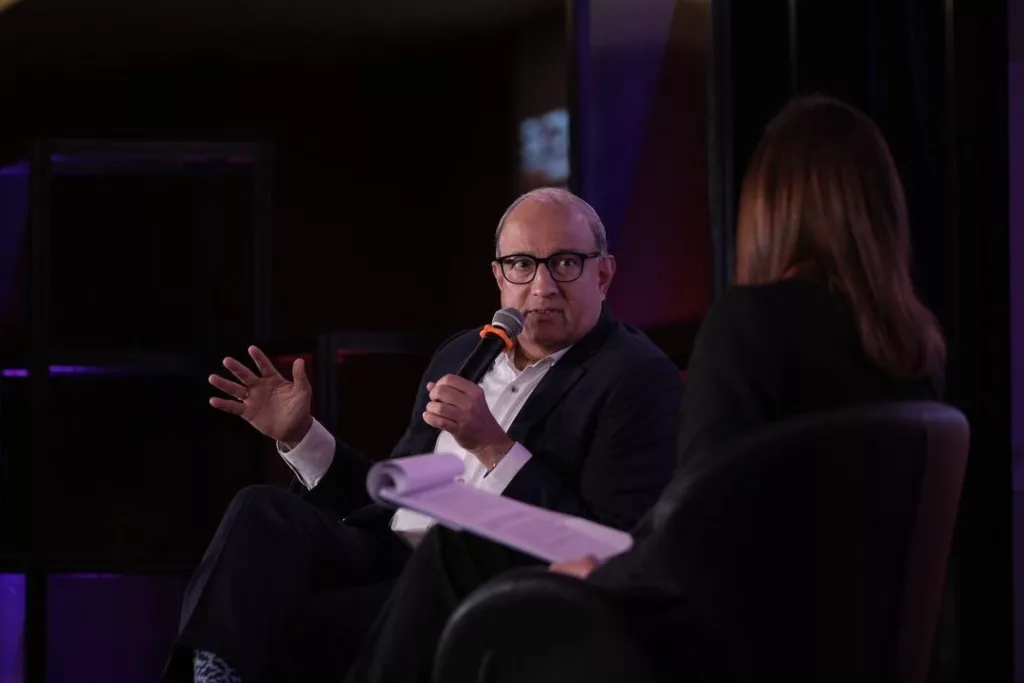Property businessman Ong Beng Seng, known for bringing Formula 1 to Singapore, has admitted to helping former Transport Minister S Iswaran in obstructing justice. He pleaded guilty on Monday, August 4, at the State Courts in Singapore.

The prosecutors said that if Ong was not seriously ill — he is 79 years old and has a serious, incurable illness called multiple myeloma — they would have asked for him to be sentenced to eight weeks in jail.
Both prosecution and defence agreed that judicial mercy may be warranted, and asked for the maximum permissible fine instead. Sentencing is scheduled for August 15, and Ong remains out on bail.
The case centres on Ong’s role in helping Iswaran avoid corruption investigations during a probe by the Corrupt Practices Investigation Bureau (CPIB).
ALSO READ: Singapore: Ex-Transport Minister S Iswaran placed under home detention
In December 2022, Ong arranged for Iswaran to travel to Doha on his private jet, covering a business‑class return flight and a one‑night stay at the Four Seasons Hotel, at Ong’s expense. Later, when Ong learned that CPIB had seized the flight manifest, he alerted Iswaran. In response, Iswaran asked Ong to invoice him via Singapore GP, the Formula 1 promoter chaired by Ong, so that the cost would appear as a corporate expense rather than a personal benefit. This act formed the basis of the obstruction charge.
Investigators concluded that Iswaran, who chaired the F1 Steering Committee overseeing the Singapore Grand Prix, accepted gifts valued in excess of SGD 384,000, including tickets to Formula 1, English Premier League football matches, musicals and private jet travel, mostly provided by Ong and another businessman.
In prosecution of Iswaran, the courts accepted he had abused his public office, sentencing him in October 2024 to 12 months in prison after he pleaded guilty to four counts under Section 165 of the Penal Code and one count of obstructing justice.

He became the first Singapore minister to serve time in prison in nearly fifty years and was later transferred to home detention before completing his sentence earlier in 2025.
Ong’s case followed from the same misconduct. He was charged in October 2024 under the same Penal Code sections: one count of abetting a public servant in obtaining gifts and another count of abetting obstruction of justice. A plea date had been originally scheduled for April 2 but was postponed multiple times to allow Ong’s legal team to obtain detailed medical reports.
At a pre‑trial conference in March, Ong’s lawyers explained that the tycoon’s advanced illness and immune‑compromised condition made imprisonment a potentially lethal risk. They highlighted that being behind bars — where exposure to infections is higher — could severely endanger his life.
Meanwhile, the court proceedings were momentarily disrupted by false fire alarm alerts on Monday, but resumed after about 45 minutes with a full public gallery. Ong entered his guilty plea calmly under the supervision of Principal District Judge Lee Lit Cheng.
The court confirmed that the maximum sentence for abetting obstruction carries up to seven years’ imprisonment, but with judicial mercy, the fine could replace custody. Prosecutors acknowledged that Ong’s health was a mitigating factor and did not contest the defence’s request for a fine in lieu of jail.
Defence counsel emphasised Ong’s age, his previously clean record, cooperation with authorities and his contributions to Singapore’s social and cultural life. Ong has long been a key figure in Singapore’s entertainment and sporting world — bringing F1 to the city‑state in 2008, promoting major international concerts and contributing to national events.
The defence argued that his culpability was significantly lower than that of Iswaran, who initiated and executed the misconduct. Ong’s involvement, they said, was momentary and lacked premeditation.
Despite this, the prosecution underlined that obstruction of justice in the context of public office demands strong deterrence. They noted that Iswaran became aware of CPIB’s seizure of documents likely to implicate him only because of Ong, and that without Ong’s intervention, the minister might not have known about the investigation.
Ong’s personal circumstances clearly shaped the court’s approach. He suffers from multiple myeloma—a malignant and incurable cancer affecting plasma cells—and complications including peripheral vascular disease, a non‑healing toe wound and compromised spine. His immune system is severely weakened, and medical experts warned that imprisonment—even for a short term—could prove fatal.
With sentencing now set for August 15, both sides will return to court that afternoon. The judge will consider whether to impose a fine instead of jail, and if so, its size. Ong’s bail has been set at SGD 800,000 and remains in force until that date.
The case marks a significant moment in Singapore’s history. It involved one of the first high‑profile convictions in decades for obstruction by a business figure tied to political office.


